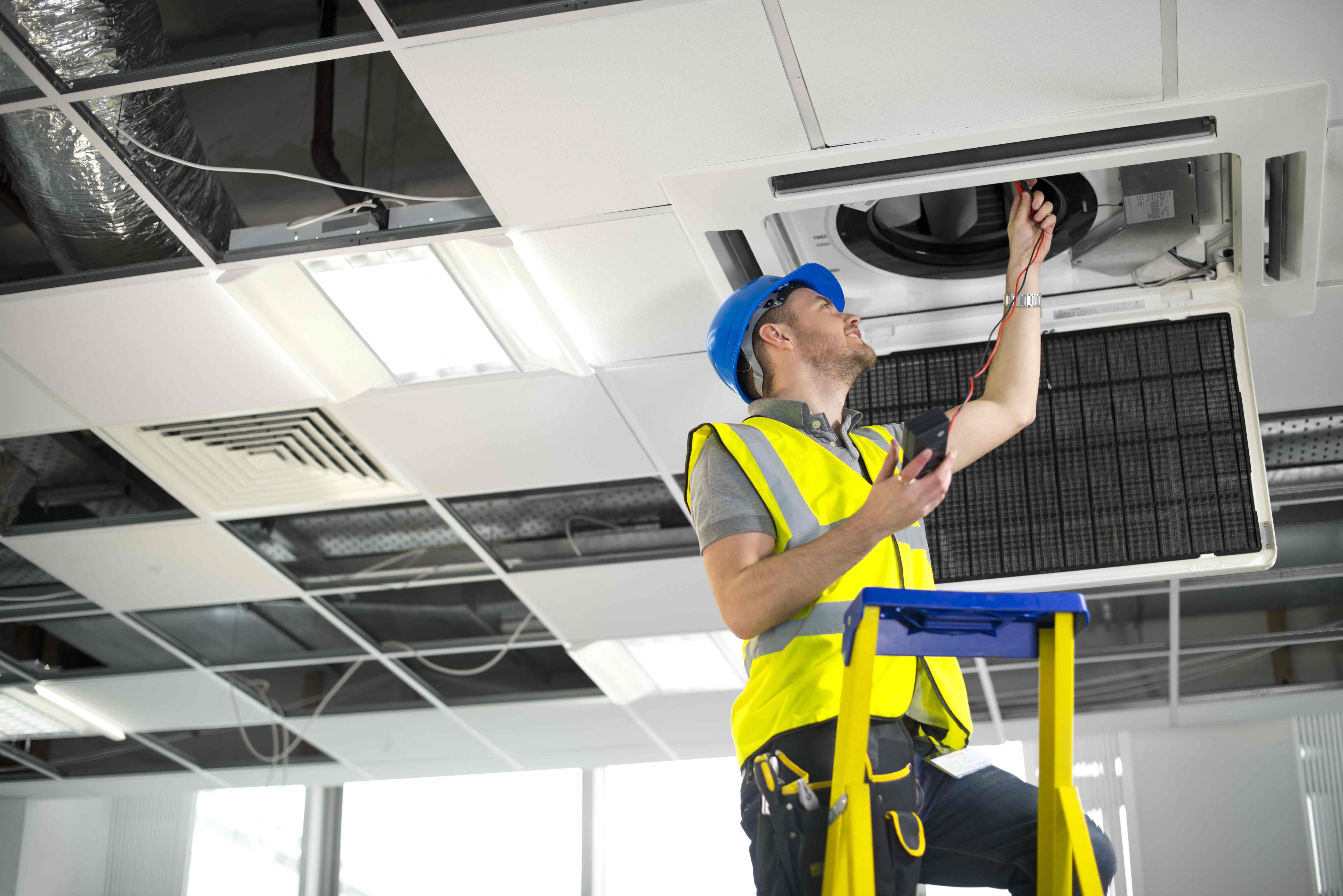As homeowners increasingly looking for more sustainable and cost-effective solutions for their heating and cooling needs, geothermal heating and cooling systems have risen as a attractive option. Such advanced systems harness the earth's natural energy to provide both heating and cooling, offering a distinctive alternative to traditional HVAC setups. However are they justifiable the investment?
In this article, we will delve into the basics of geothermal HVAC systems, exploring how they function and comparing their advantages and disadvantages. We will also address key considerations for homeowners thinking about this technology, alongside practical tips for maximizing energy efficiency and indoor comfort. If you are new to HVAC concepts or looking to upgrade your existing system, this guide will provide valuable insights into the potential of geothermal energy in your home.
Comprehending HVAC Fundamentals
Heating, Ventilation, and Air Conditioning stands for heating, providing ventilation, and air conditioning, which is a system created to provide thermal comfort and satisfactory quality of air indoors in home and commercial buildings. Understanding this system is important for homeowners and property managers alike, since it consists of various components working together to control the climate within a location. The heating component aspect typically includes furnaces or heat pumps, while the cooling is provided by air conditioning units systems. The ventilation process is crucial for ensuring that clean air flows, helping in managing humidity levels and enhancing the quality of air indoors.
Every part of an HVAC system has a distinct function in maintaining a comfortable atmosphere. The heating mechanisms, be it natural gas, electricity, or geothermal, heat the air during colder months. Cooling systems lower the temperature of the area in the summer months, typically using refrigerants to absorb heat indoors. Proper ventilation setups are vital for removing pollutants and securing a consistent airflow, thereby contributing to a healthier home. Knowing how https://posteezy.com/do-it-yourself-hvac-maintenance-when-attempt-well-when-contact-professional work together can help homeowners diagnose issues and value their significance.
To maximize HVAC systems, knowledge of their operation and upkeep is necessary. Regular upkeep activities, such as changing filters and arranging professional inspections, can avert common issues and prolong the system's lifespan. Homeowners should also be conscious of energy-saving standards and the potential advantages of upgrading smarter systems, resulting in large savings on utility costs. Familiarity of HVAC fundamentals not only improves comfort but also fosters a forward-thinking approach to managing one's home.
HVAC Maintenance Essentials
Consistent maintenance is essential for ensuring your HVAC system running optimally and extending its lifespan. A properly cared for system not only offers optimal heating and cooling but also lowers the risk of sudden breakdowns. Commence with routine inspections to check possible wear and tear. Replace or clean air filters once every three months, depending on how often you use it and filter type. Fresh filters enhance airflow and indoor air quality, which can aid in reducing allergies and health issues.
In parallel to regular filter maintenance, ensure that the outdoor unit is uncluttered of debris and vegetation. This allows for proper airflow and prevents overheating. Planning seasonal tune-ups with a certified technician can also spot potential problems that might lead to higher repair costs down the line. During these inspections, technicians typically check refrigerant levels, clean evaporator and condenser coils, and ensure that all power components are functioning correctly.
Lastly, be sure to keep an eye on your system's performance throughout the season. Keep an eye on unusual noises or fluctuations in efficiency, and tackle any issues promptly. This preventative approach ensures not only the longevity of your HVAC system but also helps ensure a comfortable indoor environment while potentially lowering your energy bills.
Examining Geothermal Options
Geo-thermal HVAC systems exploit the stable heat discovered under the Earth's surface to offer efficient heating and chilling for houses and enterprise facilities. By using a set of underground pipes, these systems swap heat with the ground, considerably minimizing the energy required for interior climate control. This renewable energy source merely promotes sustainability but also provides long-term cost savings on energy bills, rendering it an alluring option for green aware consumers.
One of the main advantages of geo-thermal systems is their performance. Compared to traditional heating and chilling techniques, geo-thermal systems can be as much as four times more effective, as they shift heat rather than generate it. Check This Out translates to diminished utility costs and a reduced carbon footprint, which is desirable in an era of growing energy prices and growing awareness of climate change. Additionally, geothermal systems generally require fewer maintenance than traditional HVAC units, contributing to their continued reliability and performance.

Nonetheless, the upfront investment for geo-thermal HVAC systems can be considerable, due to the costs linked with setup and the essential ground loops. Homeowners must consider the upfront expense against prospective energy savings and government incentives for sustainable energy systems. Over time, the ROI can make geothermal systems valuable, particularly for those intending to live in their houses for many years. As technology progresses and costs incrementally decline, geothermal HVAC options will certainly become even more practical for a wider audience.
